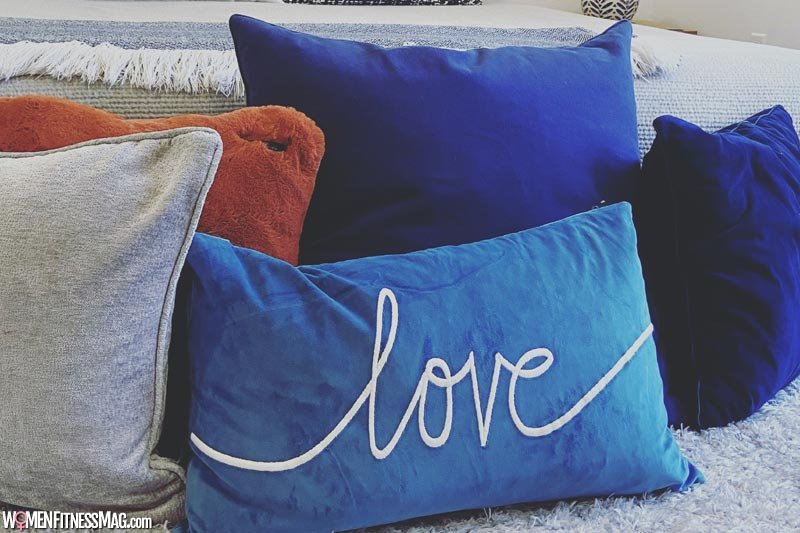How To Buy A Good Waterproof Pillow Protector? It’s hard to get a good night’s sleep when you have allergies, and pillow covers made from materials that don’t let dust and pollen through are usually expensive. Luckily, there are cheap alternatives that can protect your pillow and help you breathe easier as you drift off to sleep — all while looking sharp on your bed.
Here’s how to buy a good waterproof pillow protector that won’t break the bank.
Check the Guarantee
First and foremost, make sure your waterproof pillow protector is backed by a solid guarantee. Most good waterproof pillow protectors are typically accompanied by a lifetime guarantee, though you may occasionally find ones with 30-day or one-year guarantees. The longer your guarantee, the more confident you can be that your product will last for as long as it’s supposed to.
Check the Materials
There are many options when it comes to waterproof pillow protectors, but not all of them will keep your pillow dry and safe. Look for materials like polyester, polypropylene, vinyl, or PVC—they’re designed specifically for water-repellent and moisture-resistance. These materials can be more expensive than cotton or nylon, but they’ll do a much better job at keeping your pillow protected from sweat and spills.
Check If There Is a Zipper or Velcro
The first thing you want to check when buying a waterproof pillow protector is if it has a zipper or velcro. These two closures are both pretty good at keeping out liquid, but they have some differences. If you’re going for something that is easy to get on and off, then a zipper may be better. However, if you’re looking for long-term usage, then velcro may be your best bet because it won’t weaken with age.
Look At the Fit
With most hypoallergenic pillow covers, you’ll have some room for error with size. Though it’s important to get as close as possible, don’t go for something that’s too small or will be uncomfortable just because you’re worried about being off by an inch or two. The fit of your protector should be snug; if it’s baggy or loose, consider going down a size until you find one that suits your comfort level.
Is it Comfortable?
The first thing you should look for in a pillow protector is comfort. Make sure that it doesn’t make your head feel hot and sweaty, or prevent you from breathing well at night. If you have allergies, ensure that your pillows don’t make them worse by using an anti-allergenic option like a hypoallergenic pillow cover.
Does it protect against Dust Mites and Other Allergens?
Dust mites and other allergens are often blamed for causing asthma attacks and exacerbating other allergies, which is why it’s so important to know if your pillow protector will protect you from them. So before purchasing a new hypoallergenic pillow cover, ask yourself: Does it offer protection against dust mites and other allergens? A quality waterproof pillow protector should provide complete protection against these dangerous elements. If not, then you might want to consider another product altogether.
Related Videos about How To Buy A Good Waterproof Pillow Protector? :
How To Buy A Good Waterproof Pillow Protector?
best waterproof pillow protector, allerease waterproof pillow protector, waterproof pillow protector ikea, best material for pillow protector, waterproof pillow protector king size, waterproof pillow protector with zipper, waterproof pillow protector amazon, casper pillow protector,




